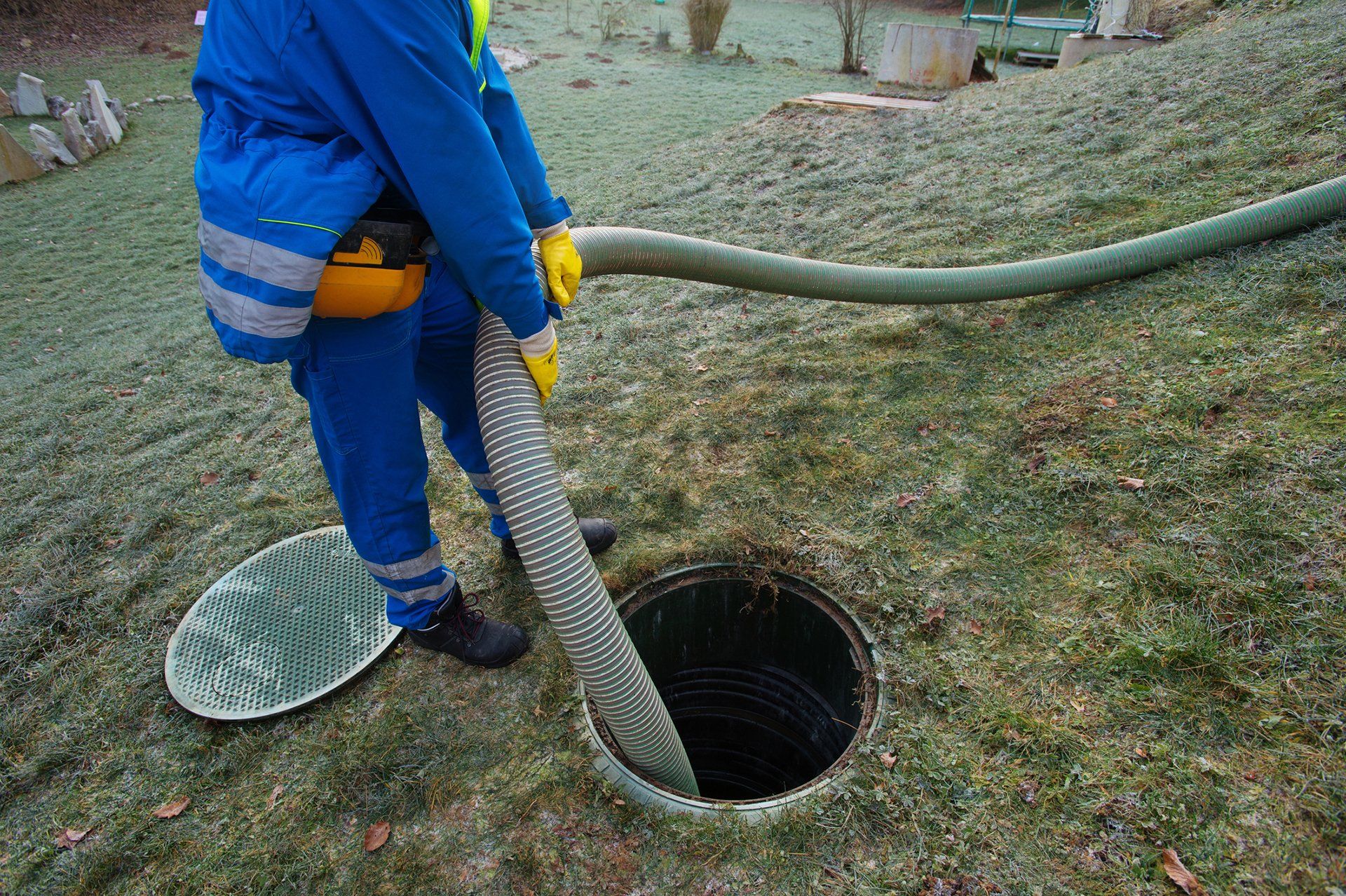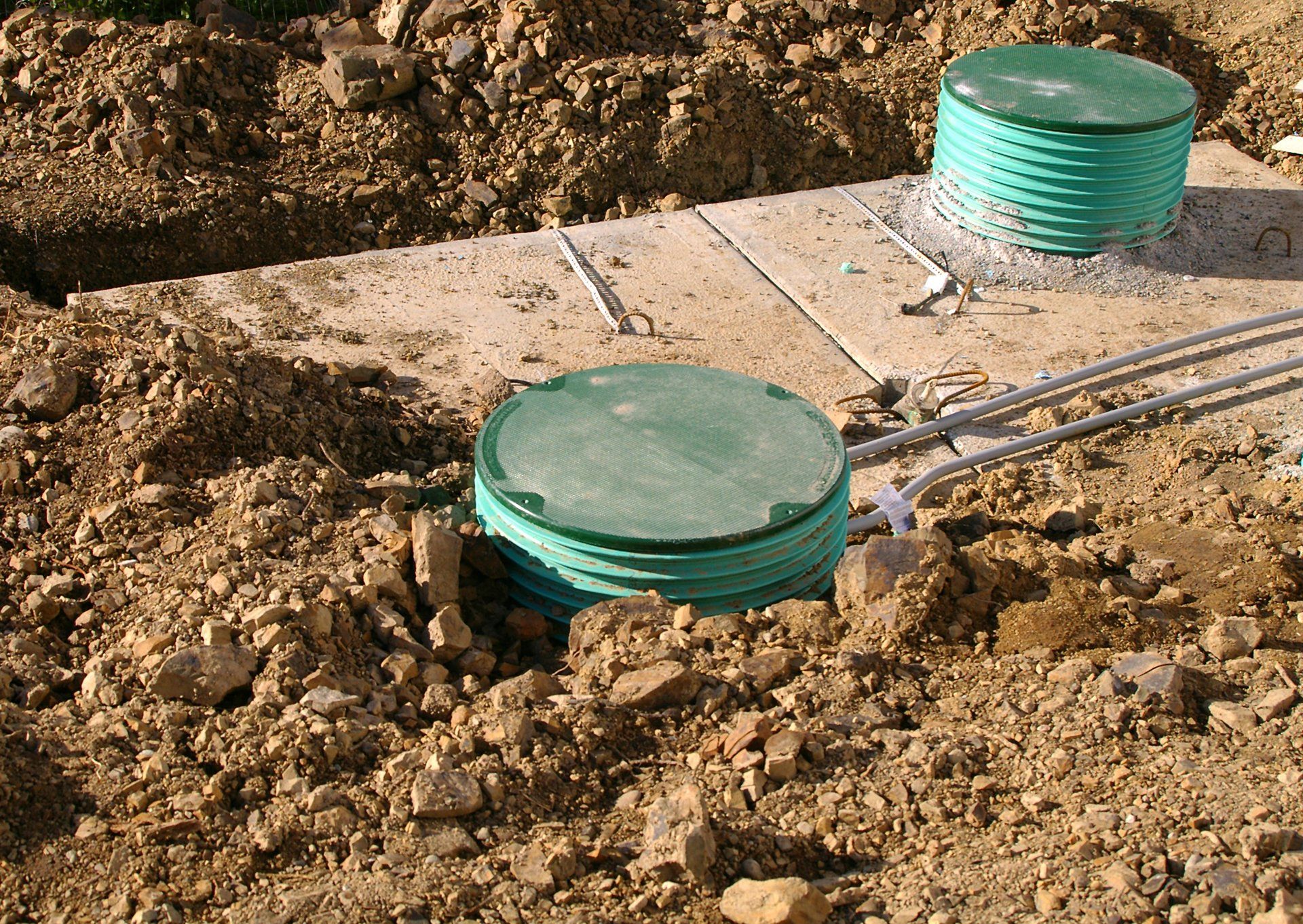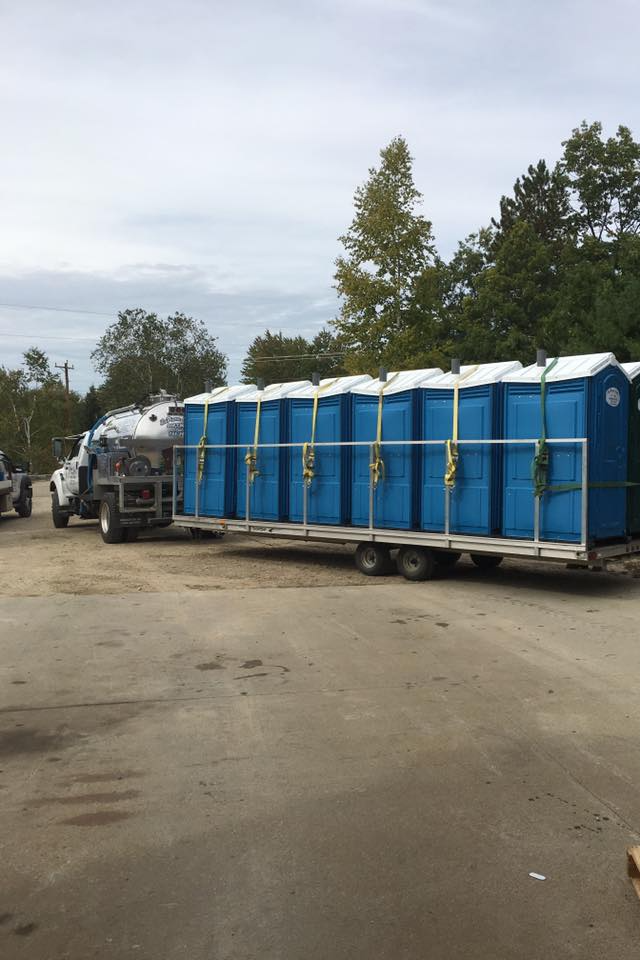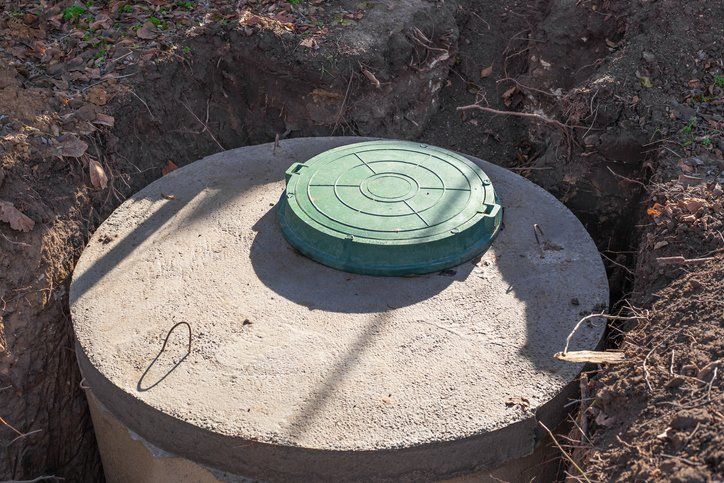The Types of Septic Tanks
All Septic Tank Systems Explained
When municipal sewer systems are unavailable or a homeowner wants to eliminate sewer bills, they turn to septic tank systems for treating their wastewater. They efficiently treat wastewater and release it into the surrounding landscape in an environmentally friendly manner. If you're considering installing a septic tank or need to replace an existing one, it's important to understand the different types of septic tank systems available. This will help you choose which type of septic tank is best for your property. Below, you will learn more about the different types of septic tanks available.
- Conventional Septic Tank Systems: Conventional septic tank systems are the most common type and consist of a septic tank and a drain field. Wastewater from the property flows into the septic tank, where enzymes break down solid waste and settle on the bottom. Treated liquid waste is then released into the drain field, where it is treated further by the soil. Conventional systems are suitable for properties with adequate soil absorption capacity and proper site conditions.
- Aerobic Treatment Units (ATUs): The name of aerobic treatment units, or ATUs, comes from their use of oxygen to enhance the treatment process. These systems introduce air into the septic tank, promoting the growth of aerobic bacteria that help break down waste more efficiently. These systems are best for properties that have poor soil conditions or where conventional systems are not feasible. They also require regular maintenance and monitoring to keep them performing their best.
- Mound Systems: Mound systems are designed for properties with high water tables or shallow soil depths. This type of septic tank system uses a drain field that is elevated above the soil’s surface, creating a mound. Wastewater is pumped into the mound, where it is distributed and treated by the soil above. Mound systems require careful design and construction to ensure proper drainage and prevent contamination of groundwater. These are uncommon because of their environmental concerns and difficulty to install.
- Drip Irrigation Systems: Drip irrigation systems, also known as subsurface drip systems, distribute wastewater through a network of small tubes or emitters buried in the soil. They are like subsurface garden irrigation systems. Drip irrigation systems provide controlled and efficient distribution of wastewater, minimizing the risk of surface runoff or oversaturation. These septic systems are ideal for properties with limited space or non-ideal soil conditions.
- Alternative Systems: There are also several alternative septic tank systems available. These include sand filters, constructed wetlands, and recirculating media filters. Alternative systems are designed to provide wastewater treatment and can be tailored to specific property conditions and regulatory requirements. They often require regular maintenance and monitoring to ensure proper functioning.
Contact Us Today for Septic Tank Installation Services!
At LaPierre Septic, we provide professional septic services to the Alton, NH area. Choosing the proper septic system for your property is important for ensuring effective wastewater treatment and environmental protection. By reading the descriptions listed above about the types of septic tanks available, you can determine which is best for your property. You may also want to consult with your local septic tank company for their advice. Do not forget that there may be local laws and regulations that may limit what type of septic system you can use. Our septic service can help you make an informed decision on what your best options are. Contact us today to learn more about the septic tank installation process!




